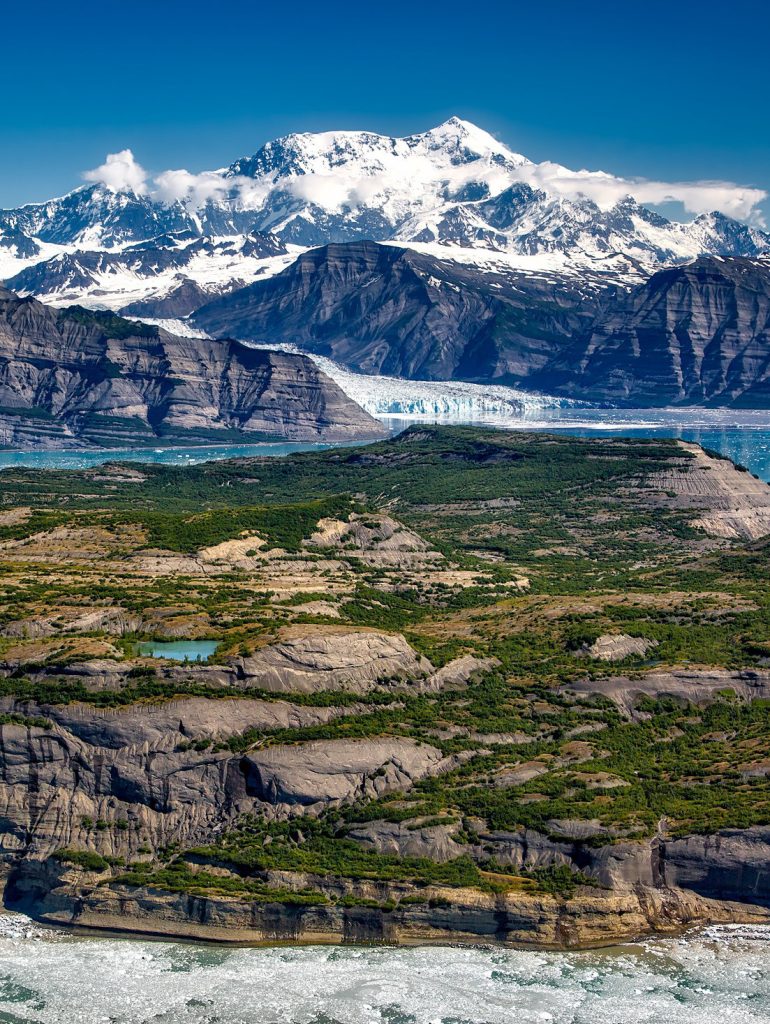
The concept of an Arctic heritage technology project was spearheaded by David J. Nordlander, Ph.D., an historian with a specialty on Alaska and Siberia who had worked on an early web project at the Library of Congress and began to scope out an initial framework and meetings in 2015 in consultation with William Fitzhugh, Ph.D., head of the Arctic Studies Center at the Smithsonian Institution, and Steve Rollins, then Dean of the Consortium Library at the University of Alaska Anchorage/Alaska Pacific University, to make accessible a wide range of rare and unique global circumpolar heritage collections stretching back 250 years or more on multiple subjects through an integrated digital resource.
This initiative grew out of efforts by the Librarian of Congress, James Billington, to establish the Meeting of Frontiers web project on the history of Alaska and Siberia at the Library of Congress through initial funding from Congress under the auspices of Senator Ted Stevens (R-Alaska). Further work brought focus and clarity to the urgent need for both research and public access to a broader and largely hidden range of circumpolar heritage records that could advance modern scientific and humanities scholarship as well as greater public understanding of key Arctic issues through web access to significantly more data and information that can be enhanced by artificial intelligence (AI) and machine translation. Research, liaison work, and scanning of collections with institutional partners in Alaska and the Lower 48 has been ongoing for several years and builds upon the extensive prior work at the Library of Congress with more than 35 libraries, archives, and museums across Russia. Current research and liaison work is now focusing on Canada, and in the future will concentrate on Scandinavia and European institutional partners to complete a global circumpolar focus for the project.
Both the Smithsonian and Dartmouth College, among other institutional partners, have especially large and unique Arctic collections and a concentration on Arctic studies that could be enhanced by closer electronic linkages to a wider variety of circumpolar collections. Dr. Nordlander subsequently secured National Science Foundation funding (NSF Grant #1654902) to organize a two-part conference in Washington, D.C. and Boston to bring together a range of experts from institutions in the library and archival community that contained significant Arctic holdings, followed by the receipt of a series of successful grants through the Alaska Library Network from various sources, including the National Archives (NARA) NHPRC Program, the State of Alaska, and the Rasmuson Foundation.